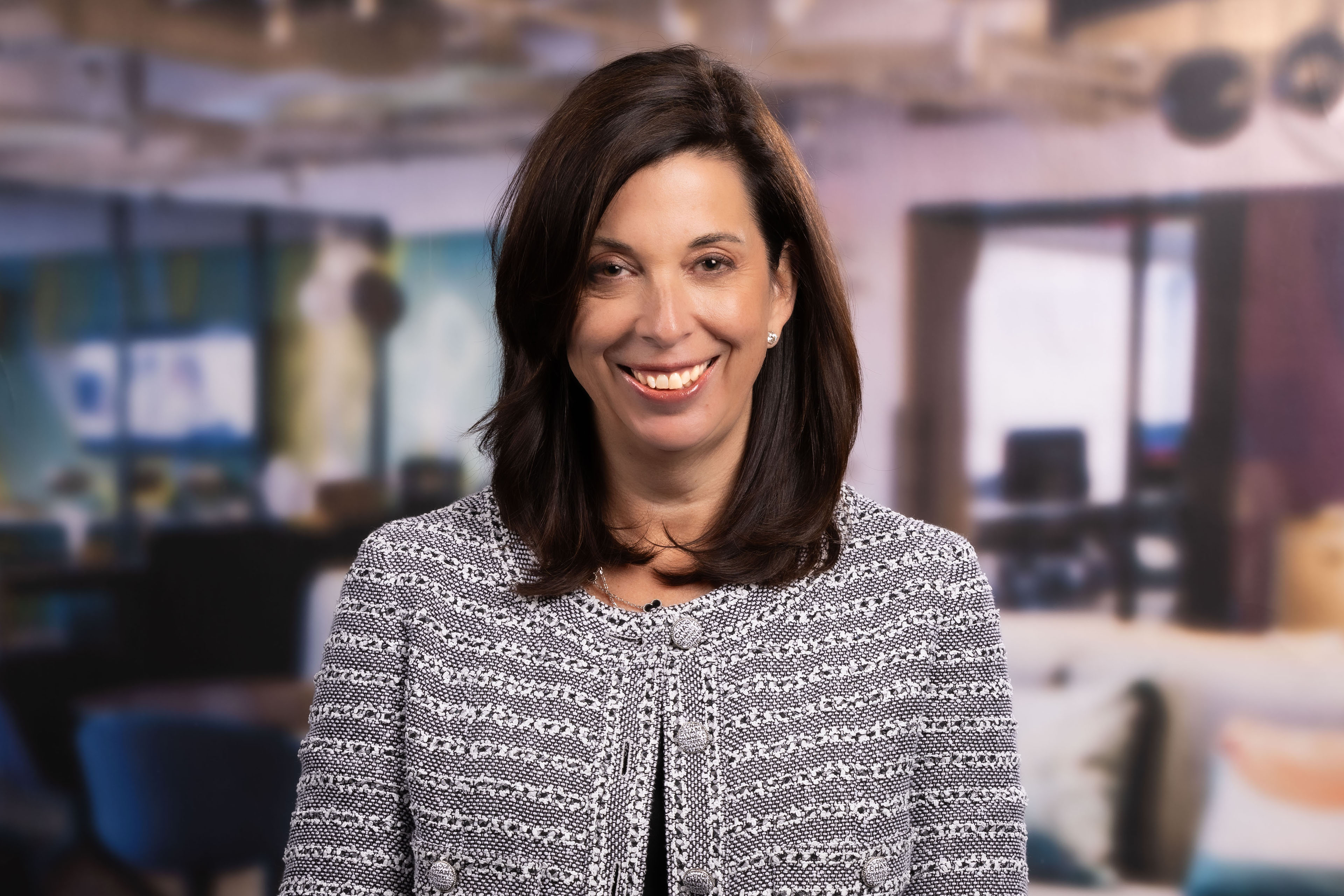EY refers to the global organization, and may refer to one or more, of the member firms of Ernst & Young Global Limited, each of which is a separate legal entity. Ernst & Young Global Limited, a UK company limited by guarantee, does not provide services to clients.
Majority of CEOs fear recession could be worse than the financial crisis
- 32% of respondents are halting planned investments due to geopolitics
- 89% will look to leverage deals over the next 12 months to secure growth
- Investment in sustainability and talent seen as ways to emerge stronger from the downturn
The vast majority of CEO respondents (98%) are bracing for an economic downturn characterized by geopolitical tensions, supply chain disruption and ongoing COVID-19-related uncertainty, but appear split on its length, depth and severity. These are some of the findings of the EY CEO Outlook Pulse – January 2023 that underline the uncertainty that looks set to define the business environment in 2023.
The survey, which recorded the views of 1,200 CEOs across the globe on their prospects, challenges and opportunities, found that 48% foresee a moderate slowdown in the global economy, while more than half (55%) of those preparing for a persistent downturn fear a recession worse than the global financial crisis of 2007-08 in terms of its length and severity.
For the first time since 2020 (inaugural CEO Outlook survey) restrictive regulatory, trade and investment policies (28%) have superseded COVID-19-related issues (19%) as the key reason for CEO respondents altering investment plans. As a result of these exacerbated geopolitical challenges, 97% of respondents are reviewing their plans with 44% delaying a planned investment and almost a third (32%) stopping planned investments altogether.
Almost a third (32%) of respondents consider uncertainty around the direction of monetary policy and an increase in the cost of capital to be the greatest risks to future growth for their business. While concerns over COVID-19-related uncertainty have receded, almost a third of CEOs (32%) still cite this as a key risk to their business (down from 43% in October 2022).
Andrea Guerzoni, EY Global Vice Chair – Strategy and Transactions, says:
“Whether CEOs anticipate a moderate or severe downturn, they know that this recession will be different. A combination of new factors, ranging from a re-alignment of geopolitics to a re-assessment of global supply chains, are supplementing pre-existing issues and threatening investment plans. Fiscal and regulatory policy will be front of mind, as CEOs consider what levers to pull to survive this slowdown.”
CEOs eye deals and investment in sustainability and people as routes to growth
Despite the negative outlook, CEOs are on the lookout for opportunities to gain competitive advantage. Dealmaking of one kind or another remains a priority for respondents (89%) over the next 12 months with nearly half (46%) planning to move ahead with M&A, 58% with joint venture or strategic alliances and 34% with divestments.
To further shift the dial and emerge stronger and more competitive from the downturn, 39% of respondents are planning to increase investment in sustainability as a core aspect of their strategy and offering, including net-zero and other environmental and societal priorities. In addition, more than a third (36%) plan to increase their investment in talent, including workforce wellbeing and skills development. The majority of CEO respondents (70%) agree that flexible working will be critical to reducing employee churn and attracting new talent.
Guerzoni says: “Proactive CEOs are on the lookout for strategies to transform their businesses and position them for future growth. The main focus for acquisitions in 2023 will be on early- stage businesses to help CEOs enhance existing portfolios, access new talent or break into new markets. In addition, CEOs see critical advantage in embedding sustainability into their strategic planning to strengthen their brand and build trust with key stakeholders, including employees, customers and communities. To further recession-proof their business, CEOs are putting their recent experience of losing skilled talent and having to hire in a hot labor market to good use by focusing on key ways to retain talent, expand their talent pool and adopt new working practices that emerged in the post-pandemic world.”
To read the full report, EY CEO Outlook Survey January 2023 (pdf)
-ends-
Notes to editors
About EY
EY exists to build a better working world, helping create long-term value for clients, people and society and build trust in the capital markets.
Enabled by data and technology, diverse EY teams in over 150 countries provide trust through assurance and help clients grow, transform and operate.
Working across assurance, consulting, law, strategy, tax and transactions, EY teams ask better questions to find new answers for the complex issues facing our world today.
EY refers to the global organization, and may refer to one or more, of the member firms of Ernst & Young Global Limited, each of which is a separate legal entity. Ernst & Young Global Limited, a UK company limited by guarantee, does not provide services to clients. Information about how EY collects and uses personal data and a description of the rights individuals have under data protection legislation are available via ey.com/privacy. EY member firms do not practice law where prohibited by local laws. For more information about our organization, please visit ey.com.
This news release has been issued by EYGM Limited, a member of the global EY organization that also does not provide any services to clients.
About the EY 2023 CEO Outlook Pulse
The EY 2023 CEO Outlook Pulse survey aims to provide valuable insights on the main trends and developments impacting the world’s leading companies as well as business leaders’ expectations for future growth and long-term value creation.
It is a regular “pulse” survey of CEOs from large companies around the world, conducted by Financial Times (FT) Longitude, the specialist research and content marketing division of the Financial Times Group.
In November 2022, FT Longitude surveyed on behalf of the global EY organization a panel of 1,200 CEOs in 22 countries and across six industries. Respondents represented the following industries: advanced manufacturing and mobility, consumer products and retail, energy and resources, financial services, health sciences and wellness, technology, media and telecoms.
Surveyed companies’ annual global revenues were as follows: less than US$500m (20%), US$500m–US$999.9m (20%), US$1b–US$4.9b (30%) and greater than US$5b (30%).
The CEO Imperative series provides critical answers and actions to help CEOs reframe their organization’s future. For more insights in this series visit ey.com/en_gl/ceo.
Related news
HONG KONG, 24 NOVEMBER 2023. Asia-Pacific CEOs recognize the potential of artificial intelligence (AI), but most are encountering significant challenges in formulating and operationalizing related strategies, according to the latest EY CEO Outlook Pulse survey.
Asia-Pacific CEOs eye AI and dealmaking, as fears of a severe recession fade
HONG KONG, 6 September 2023. Asia-Pacific CEOs are embracing opportunities created by AI as part of their digital transformation strategies, but also remain wary of unknown, unintended consequences.
SINGAPORE, 7 FEBRUARY 2023. Asia-Pacific CEOs are bracing for an economic downturn characterized by geopolitical tensions, supply chain disruption and ongoing COVID-19 related uncertainty.
Majority of CEOs fear recession could be worse than the financial crisis
LONDON, 11 JANUARY 2023. The vast majority of CEO respondents (98%) are bracing for an economic downturn characterized by geopolitical tensions, supply chain disruption and ongoing COVID-19-related uncertainty, but appear split on its length, depth and severity.
Asia-Pacific CEOs will spend more to weather challenging times ahead, finds EY survey
SINGAPORE, 31 October 2022. Asia-Pacific CEOs are set to invest to get ahead of the interrelated threats of ongoing COVID-19 pandemic-related disruptions, increasing geopolitical tensions and climate change.
LONDON, 8 JANUARY 2024. The global life sciences industry has once again embraced big deal making, with mergers and acquisitions (M&A) investment totaling US$191b to 10 December 2023, compared with US$142b in 2022.
London, 10 August 2023: Dealmaking is currently a top priority for CEOs across Europe’s financial services sector, according to the latest EY CEO Outlook Pulse Survey, which found 94% of respondents expect to actively pursue strategic transaction activity over the next 12 months.
Janet Truncale selected as next EY Global Chair and CEO; effective July 1, 2024
LONDON, 15 November 2023. EY today announces that Janet Truncale has been elected the next EY Global Chair and CEO, effective from 1 July 2024.











